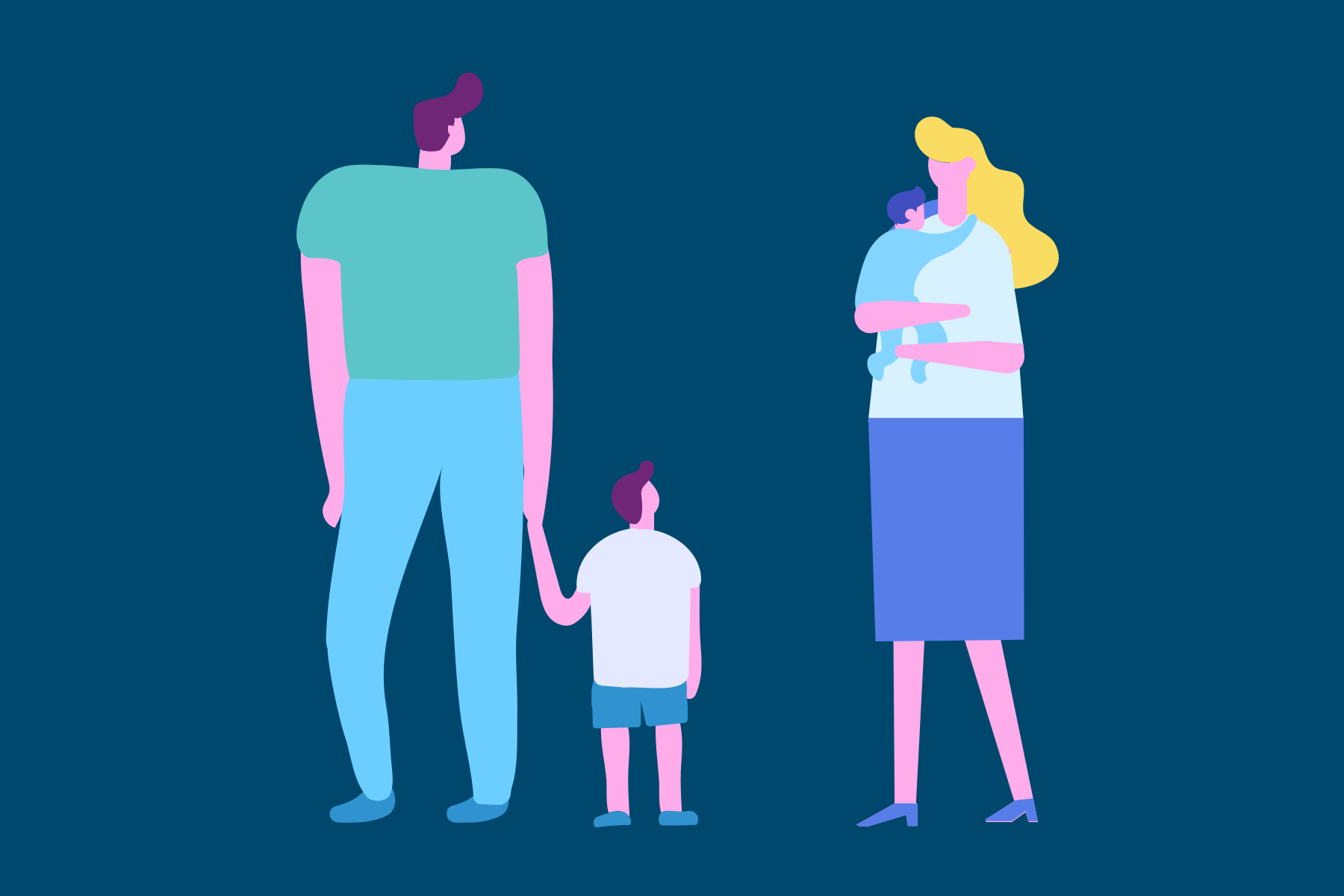All posts
Tips for Separating with Kids
Separation can be an upsetting time for everyone involved. Separating or divorcing with kids brings its own unique challenges as you help them make sense of big changes in the family. Children might feel confused, sad, or even angry. But there are ways you can help them better understand and cope. Relationship Counsellor Shirley Hussie […]


Separation can be an upsetting time for everyone involved.
Separating or divorcing with kids brings its own unique challenges as you help them make sense of big changes in the family. Children might feel confused, sad, or even angry. But there are ways you can help them better understand and cope.
Relationship Counsellor Shirley Hussie explains, “It’s not always parents separating that causes the psychological distress for children, but the way in which parents separate.”
With the right support, you can make your child’s wellbeing your top priority and reduce their stress and pain during this unsettling time.
How to Talk to Kids about Separation
While kids need to know their parents are separating or getting a divorce, they generally don’t need to know why.
When telling your kids about your divorce or separation, it’s important to keep it simple, stick to the facts, and reassure them that they are in no way responsible.
“Reassure the children they are loved, the separation is in no way their fault, and they will continue a relationship with both parents,” Shirley advises. “There is no rulebook – what works for one may not work for another. However, knowing they are loved and safe is fundamental.”
Some things to keep in mind when talking to your kids about your separation might include:
- If you can, try to agree with your ex-partner in advance on an explanation for your separation or divorce so you’re both on the same page and don’t confuse your kids
- Don’t blame, criticise, or belittle the other parent in front of your kids
- Keep your explanation clear, simple, and appropriate to their age and stage of development
- Reassure them that they have not done anything wrong and that there is nothing they can do to get their parents back together
- Tell them that you both love them and they will continue to have a relationship with both parents
- Address any practical issues (e.g. changes to routines, living arrangements)
- Give them opportunities to ask questions and express how they’re feeling.
Helping Kids through Divorce or Separation
“Parents separating has a profound impact on children,” Shirley explains. “They can feel confused, responsible, angry, lost, sad, lonely, and hurt.”
You can help your children adjust to their new circumstances with these practical tips.
Do:
- Try to maintain as much consistency in their routines as you can
- Introduce any changes to routines as gradually as possible
- Provide reassurance with affection and by telling them “I love you”
- Protect them from any conflict between you and the other parent
- Encourage discussion about their feelings and concerns
- Help them identify their feelings and let them know it’s normal and OK to feel that way
- Give them opportunities to hear about other children who have experienced separation/divorce
- Spend time strengthening your parenting skills
- Support their relationship with the other parent
- Ask caregivers/teachers to let you know if they notice changes in your child’s behaviour.
Don’t:
- Lean on them for emotional support
- Blame or speak negatively about the other parent in front of them
- Use your child to play ‘messenger’ between you and the other parent
- Ask your child to ‘spy’ or report back to you after spending time with the other parent
- Give your child responsibilities that are inappropriate to their age (e.g. too many household responsibilities).
“Let them continue to be children and have fun,” says Shirley. “This is not their burden to carry.”
If you notice significant changes in your child’s behaviour, such as grief, crying, withdrawing, aggression, physical complaints (e.g. headaches, stomach aches), changes in sleeping or eating patterns, it may be a sign your child isn’t coping during this tough time.
You can find more advice to assist your children through your separation in the helpful booklet What About the Children?.
Learn about Relationships Australia QLD’s separation support services here.
If you’re recently separated or thinking about separating, you might find our separation checklist helpful.
Back to all posts